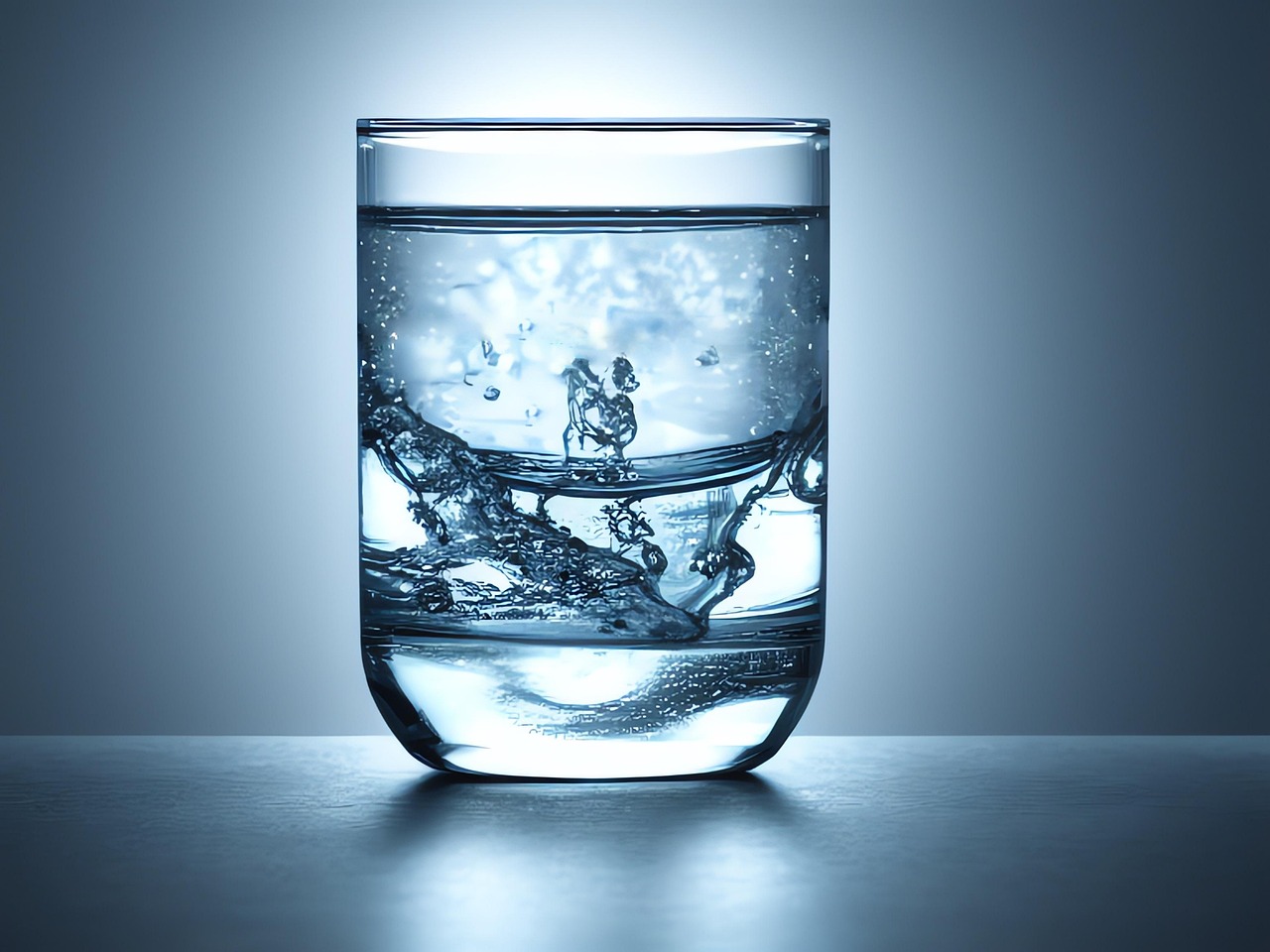Low energy seems to be at epidemic levels, with individuals of all ages reporting fatigue and decreased motivation. This blog has explored many reasons for low energy (as well as ways to combat it), but today, we will focus on one contributing factor – hydration level. Hydration is essential for maintaining overall health and well-being, and it plays a crucial role in ensuring the body’s proper functioning. This is especially true in climates like Florida, where high temperatures and humidity can exacerbate the risks of dehydration.
The relationship between hydration and energy levels is significant, as water is involved in numerous physiological processes that influence how we feel and perform throughout the day. In regions like Florida, where the heat is intense for much of the year, staying properly hydrated is even more critical.

Hydration and Its Impact on Energy Levels
Water is a vital component of the body, accounting for around 60% of our body weight. It supports a variety of bodily functions, including regulating temperature, transporting nutrients, removing waste, and ensuring the proper function of muscles and organs. When the body is dehydrated, it struggles to perform these functions efficiently, which can lead to a variety of symptoms, including fatigue, dizziness, headaches, and decreased mental clarity.
Energy levels are particularly affected by dehydration because the body requires water to transport oxygen to cells, maintain healthy blood circulation, and support the metabolic processes that generate energy. Even mild dehydration can impair physical and mental performance, making it difficult to concentrate, stay alert, or maintain stamina. In more severe cases, dehydration can lead to exhaustion, muscle cramps, and heat-related illnesses, further draining energy levels.
Florida’s Heat and Its Effect on Hydration
Florida is known for its hot and humid climate, especially during the summer months. The intense heat increases the body’s demand for hydration, as sweat production increases in an attempt to cool the body. While sweating is essential for temperature regulation, it also leads to the loss of water and electrolytes. Without adequate fluid intake, this depletion can result in dehydration, which can significantly reduce energy levels.
The combination of high temperatures and humidity in Florida means that the body is working harder than usual to stay cool, and people may not even realize they’re losing fluids. As the body loses more water through sweat, the ability to produce energy diminishes, leading to fatigue, sluggishness, and decreased physical performance.
Dehydration can quickly lead to feelings of fatigue, which may be mistaken for lack of sleep or poor diet. In reality, the body’s energy stores are being depleted due to insufficient hydration. When the body becomes dehydrated, blood flow is reduced, and the heart has to work harder to pump blood to organs and muscles, causing increased effort and a faster onset of fatigue. The body’s inability to cool itself effectively can also contribute to a feeling of tiredness, as it diverts energy toward regulating temperature rather than fueling the body.
Additionally, dehydration can impact cognitive functions, leading to mental fatigue and difficulty focusing, which can further contribute to a feeling of low energy. For those living or spending time in Florida, staying hydrated is key to maintaining physical and mental energy levels throughout the day.
Staying Hydrated in Florida’s Heat
To avoid the negative effects of dehydration, it’s essential to drink water consistently throughout the day. When the temperature rises, increase fluid intake to compensate for the higher rate of sweat loss. Electrolyte drinks, which replace sodium, potassium, and magnesium lost through sweat, can also help maintain hydration and energy levels, especially during intense physical activity.
It’s important to recognize the signs of dehydration, which can include dry mouth, fatigue, dark urine, dizziness, and headaches. If these symptoms occur, it’s crucial to hydrate immediately to restore balance to the body. As a general rule, aim to drink at least eight glasses of water a day, and more if you’re spending time outdoors in the heat or engaging in physical activity.
Longevity Wellness Helps with Low Energy
Hydration is crucial for maintaining optimal energy levels, but there many other factors that may be impacting your vitality. If you are suffering from low energy, call the medical practitioners at Longevity Wellness Clinic. We are here to help you get to the root cause of how you are feeling and provide you with natural solutions that work.


